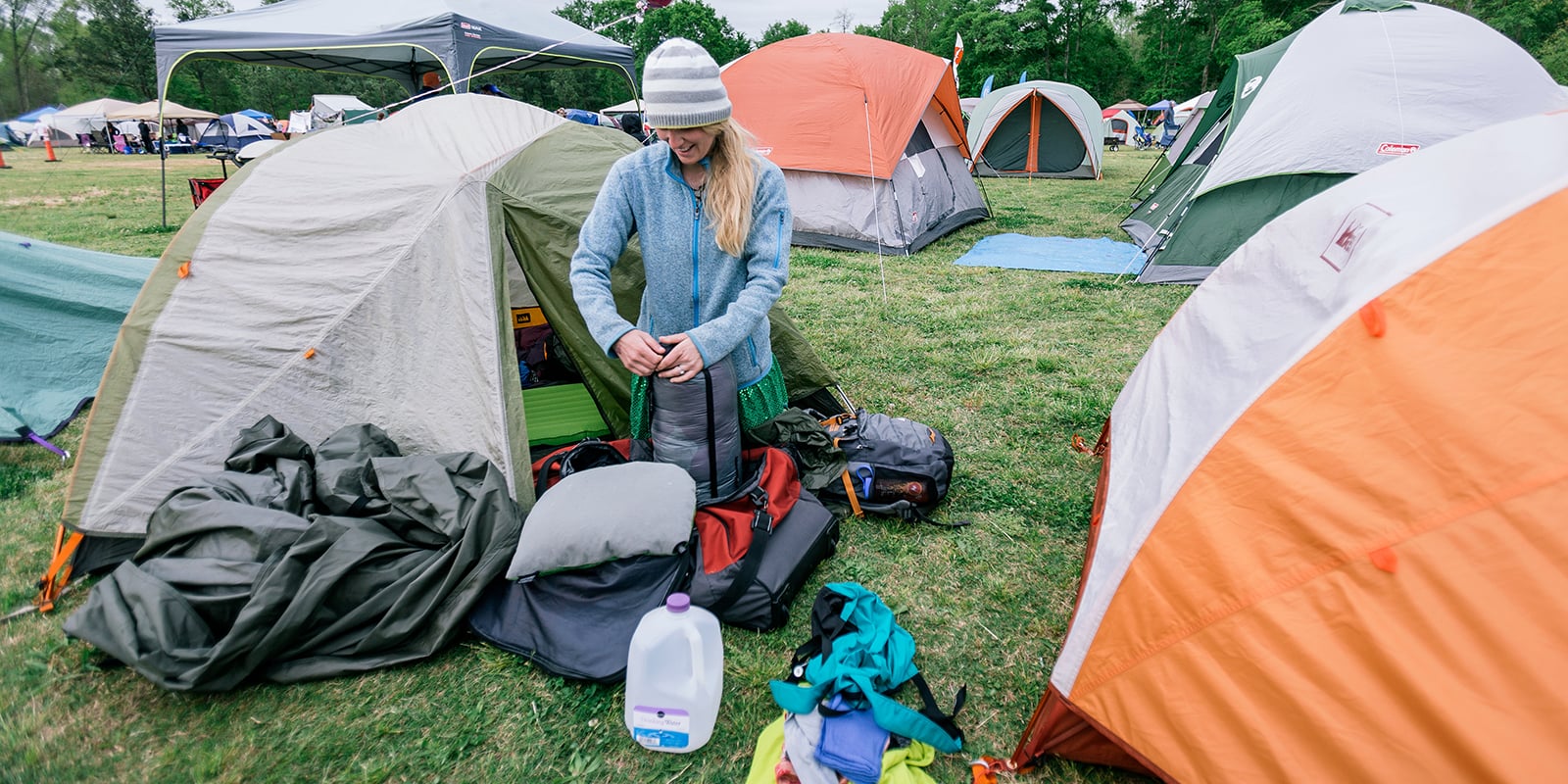Camping is an outdoor recreational activity that people enjoy spending time in nature. It is also a great way to get away from the hustle and bustle of city life. There are many things to consider when you go camping, such as the weather, location, and your personal safety.
Camping gear is essential for any camper as it provides protection from the elements and can be used to help you avoid some of the most common mistakes that people make when camping.
In this article, we have compiled six pieces of camping gear that will help you avoid these mistakes:
1) Camping tent 2) Camping sleeping bag 3) Camping mat 4) Backpack 5) First aid kit 6) Camp stove
What is the Problem?
Camping is a popular activity among people of all ages, but it is not always a safe one. In fact, camping mistakes are often the cause of injuries and fatalities.
The purpose of this article is to help you avoid these common mistakes.
As the number of people who camp increases, so do the number of injuries and deaths that occur while camping. This has prompted the need for research in order to understand what these factors are and how they can be prevented.
The Six Most Common Camping Safety Mistakes and How to Avoid Them
One of the most common mistakes that people make when they are camping is not making sure they have enough food and water. This can lead to a situation where you don’t have enough energy to start a fire or make a meal.
To avoid this mistake, it is important that you plan your trip and bring the right amount of food and water for your trip. Make sure that you also know how to start a fire in case you run out of fuel.
It is also important that you don’t forget any other safety precautions such as staying away from animals, staying away from sharp objects, keeping your camp clean, etc.
Ways to Keep Your Camp Safe on the Road and Outdoors
Camping is a fun and exciting activity that many people enjoy. There are many ways to make your camping trip more enjoyable and safe. Here are some of the best ways to keep your camp safe on the road and outdoors.
The most important thing you should bring with you is a first aid kit. It should have bandages, gauze, tape, scissors, tweezers, painkillers and other essentials for treating minor injuries.
Camping gear includes tents, sleeping bags and sleeping pads. You can also include other camping gear such as backpacks, coolers, semi automatic shotguns and stoves in your camping gear list if you want to stay comfortable during your trip.
Tips on Using Camping Security Gear Effectively
Camping is an activity that everyone should try at least once in their life. However, some people don’t know how to properly prepare for the trip, which can lead to many mishaps.
Here are some tips on how to use your camping gear effectively:
– Get a sleeping bag that is rated for the season and climate you’ll be camping in.
– Bring a stove and cooking utensils such as a pot and pan.
– Have a knife handy in case you need to make food or cut something up.
– Bring a flashlight with fresh batteries for when it gets dark outside.
6 Ways to Protect Yourself in a Campsite and Keep Your Home Safe at All Times
Camping is a great way to escape the hustle and bustle of everyday life. However, camping safety is important to consider, especially while you are trekking in the wilderness.
It is important to have a plan in place before you go backpacking or car camping. You should have a list of items that will help you keep yourself safe and secure while you are away from home.
Below are 6 ways to protect yourself in a camp site and keep your home safe at all times:
-Pack your things securely before leaving for your trip. Make sure that all of your belongings are protected from the elements, including water damage and theft. Pack like you would for an overnight stay at home so that it’s easy for you when packing up again when you return home.
-Choose the right type of campsite location. Avoid campsites near major highways or areas with heavy foot traffic as these places may be more prone to crime than others.

